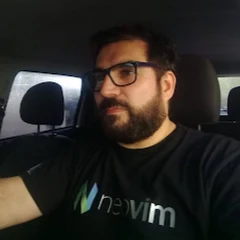Learn core Java basics such as object-oriented programming and Java syntax, as well as concepts such as variables, data types, arrays, strings, functions, control flow in Java, error handling, etc.
Core Java Basics -> You will learn to set up a local IDE using IntelliJ, understand basic syntax and structure, declaration and access controls, variables and data types, operators and expressions, flow control mechanisms, arrays, and string concepts, including the String Pool, string manipulation, and immutability.
Object Oriented Programming -> You will learn about classes and objects, constructors, the heap and stack memory structures, inheritance with classes and interfaces, polymorphism (runtime and compile-time), encapsulation, abstraction using classes and interfaces, and inner classes.
Exception Handling -> You will learn about handling exceptions through throwing, catching, and propagation, understand the types of exceptions (checked and unchecked), explore the exception hierarchy, create custom exceptions, and use errors and assertions effectively.






